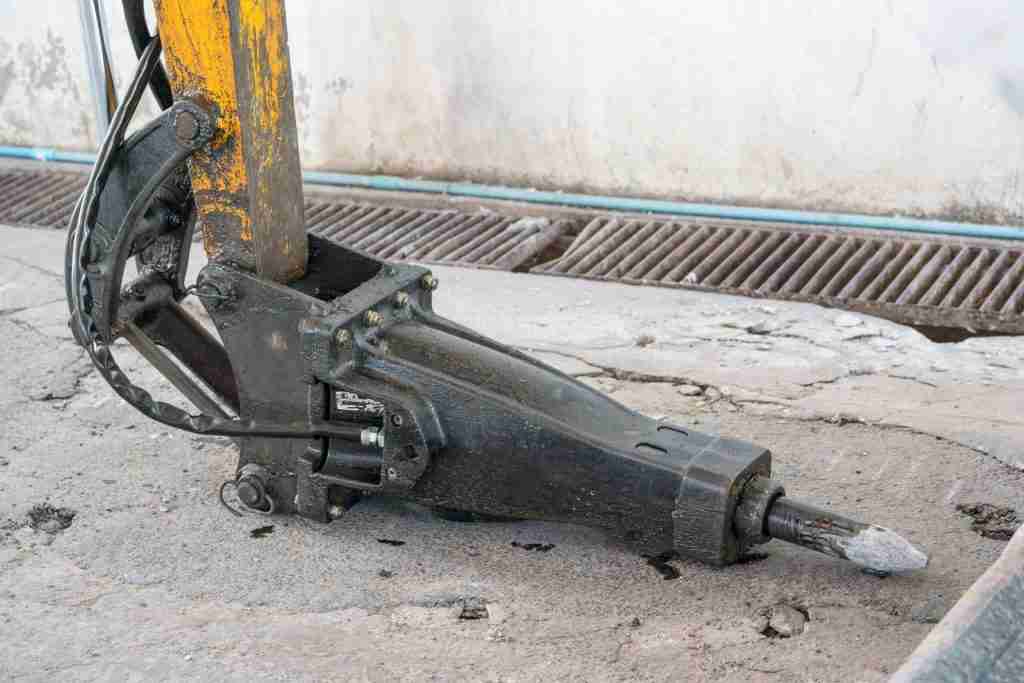Summer isn’t just hard on humans; it is also hard on electrical equipment, simply because to withstand the heat, they have to work for longer periods without sufficient cooling. Circuit breakers especially go through a lot during this period; you must have experienced them tripping up for seemingly no reason during heatwaves.
Circuit breakers are nifty little devices that protect your home and appliances from overload by shutting off power when it gets too high. But when they start repeatedly tripping, then it’s a sign that they need some inspection or to be replaced; hence, you need some end-of-summer maintenance tips. But let’s first understand why they trip a lot during the summer.
Why Circuit Breakers Trip A Lot During Summer
The direct answer to this is temperature, and it affects the circuit breaker from three angles, no matter if you’re using a magnetic breaker or one with a metallic strip. These two ways are;
Thermal Expansion Due to Ambient Temperature
Some circuit breakers work by what is called a bimetallic strip. This bimetallic strip harnesses the phenomenon of thermal expansion to make or break a circuit, thereby controlling the amount of electricity entering a house. The bimetallic strip contains two metals made up of different materials. These two materials have different thermal expansion coefficients, so when heat load is applied to them, they expand at different rates, disconnecting the strip from the circuit, causing it to trip. When it cools down, it returns to its original configuration.
In a normal scenario, this thermal expansion is causing by the heat generated when electricity flows through the circuit but during summer heatwaves, the ambient temperature rises and causes it to trip prematurely and because of the higher temperature, it takes longer to cool down and return to it’s original position and the slightest flow of high current will trip it again.
Overloading
As we’ve established above, the ambient temperature causes the breaker to trip prematurely because of the bimetallic strip. But what of circuit breakers that don’t operate on thermal expansion but rather magnetism? Why do they still trip during summer? Well, the answer to that still boils down to temperature. High summer temperatures will demand more power from HVAC units, fans, and refrigerators to keep the house cool, and this demand for more electricity will eventually overload the system and cause the magnetic mechanism to activate and trip the system, cutting off the power supply to protect the entire circuitry.
Stressing of Component Parts
The repeated tripping back and forth and the increased ambient temperature can lead to wear on other components of the breaker, such as return mechanisms, and when these components fail, either you lose power to your home or become increasingly at risk of an electrical fire.
Maintenance Tips
Replace Ageing or Faulty Components
To protect your home, you’ve got to replace outdated breakers. The simple truth is that older panels can’t keep up with the demand of the modern-day grid, so don’t, in your desire to be frugal, keep on using a breaker that could give up the Ghost any day.
When your breaker starts to show signs like faulty insulation and a slight burning smell, then it’s best to find that faulty component and replace it before it becomes worse.
Schedule Regular Inspection and Maintenance
Scheduled maintenance has been the bane of faulty electrical systems and has saved many a life. With regular Inspection from an electrician or even by you, problems like burnt out insulation, debris and even faulty RCCBs can be detected in time and rectified.
Keep the Breaker Box Cool
To reduce the effect of unmitigated thermal expansion in your breaker, you can keep it cool by giving it shade or ensuring it is well ventilated. Simple solar-powered fans directed towards it can help cool it, allowing you to use the cause of the problem to solve the problem.
Do not Overload the Circuits
Yes, yes, the heat is unbearable, but it doesn’t mean you have to overload the entire house wiring. There are better ways to be smart about it, such as turning off appliances in rooms not in active use, especially HVAC systems, or using a hybrid system such as solar to take off the load.
Keep The Breaker Box Clean
As fall rears its head, there is going to be an increasing accumulation of dust and leaves that might have accumulated in your breaker. You also have to consider the presence of birds and vermin, which might make their nests there to escape the scorching sun. These can damage important components and must be swiftly removed.
Choose Gorilla Hammers for All Your Hydraulic Hammer Needs
These tripping issues during summer are one of the reasons why some homes are transitioning to hydraulic breakers, since they do not suffer as much from these thermal problems—the internal fluid provides cooling. Gorilla Hammers has years of experience installing and repairing hydraulic breakers for industrial use, and now they can do the same for your home. Contact Gorilla Hammers today at 888-814-6745 to learn more.

